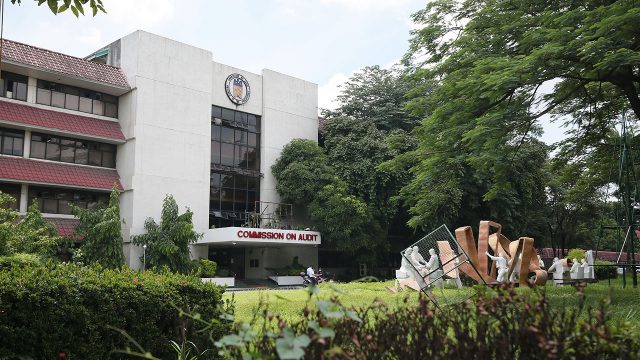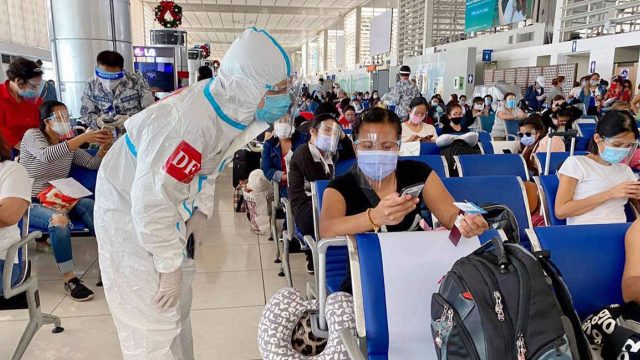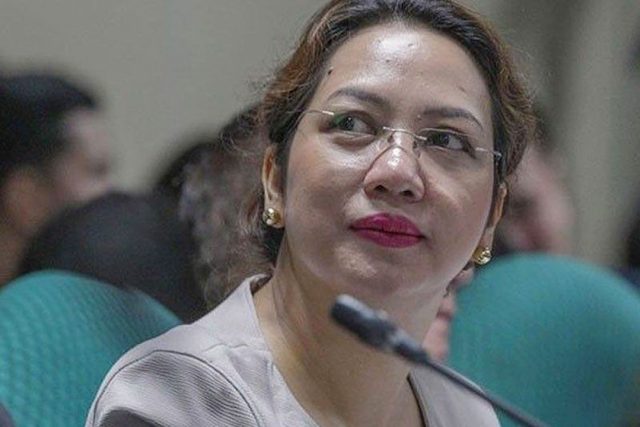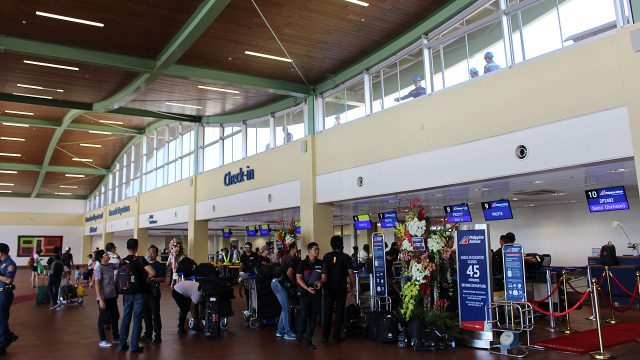If you still believe that things will eventually go back to the way they were in 2019, then perhaps it is time for you to appreciate a new reality. The world has changed so much in 2020 and 2021 that going back has become practically impossible. I, for one, am not the same consumer I was in 2019. And changes that occurred in my way of doing things are here to stay.
Also, many of the workplace changes that have been initiated since last year due to lockdowns resulting from COVID-19, will likely continue into 2022 and beyond. Online retail and banking transactions, e-payments, and online-based meetings and collaborative work will also persist and become norm. These changes will all impact on real estate use and development.
Remote work and work-from-home or WFH are two different things. Remote work is sustainable long term, but WFH is probably not, and may eventually segue into “hybrid” work arrangements. People may be in offices half the time, and then spend the rest of the week working remotely — at home or somewhere else suited for work: open space, well-ventilated, natural lighting, energy efficient, minimal commuting, and environment-friendly.
Of course, medium and heavy industries will still need workers on site meantime. Factory- or production plant-based work will remain, but in not as grand a scale as before. Robotics, automation, and artificial intelligence will play bigger roles in industries in the next 10 years. This change will be at the expense of workers, making the transition a socially difficult leap.
It is the congruence of situation, environment, and technology that brings us to where we are now. And it is these same factors that fuel or accelerate the transition to remote work. The transition, for most, is not by choice but by circumstance. At least, we also now have the tools to further improve individual work processes in a way that can allow for more creative, effective, and productive collaborative work — without being co-located.
Remote work has been with us for a long time. Journalists like myself, who started out as newspaper reporters in the 1990s, are used to working remotely. About 30 years ago, we still used typewriters in some news beats, and faxed in or phoned in our stories to the News Desk. We dictated changes to stories over landlines when we were pressed for time. We spent more time outside the office than in it.
To keep in touch, pagers were handed out. Eventually, pagers lost out to mobile phones, and typewriters were replaced with laptops. At some point, before the internet and e-mails, I lugged to the beat a heavy laptop and a small dot matrix printer. I would write on the laptop, print my stories, and then fax them to the office. Only a slow dial-up connection was available, and you needed to commandeer someone’s phone line for that.
Most reporters worked remotely, camping out at news beats until their stories were edited and ready for proofing and typesetting. In my case, I went to the office only on Sundays, to work on stories for the Monday issue. There were no beats to cover on Sundays, so one had no choice but to work in the office. Most reporters came in only for a few hours on Sundays.
In the early 2000s, I tinkered with the idea of transitioning the News Room into common workstations, rather than reporters having private desks. Reporters were rarely in the News Room, anyway. People can come in, pick any available workstation, plug in and work. When done, leave the workstation like they found it, for the next person using it. The idea didn’t fly because, at the time, people still put a premium on private personal space. But I guess by now, that too has changed.
Almost 30 years as a journalist now and I am still working remotely. I have written columns and articles on laptops, tablets, and mobile phones. I don’t print any of them, and have chucked the fax machine. I e-mail as soon as I am done, and await confirmation of receipt. For any questions or clarifications, I am easily reached via e-mail or messaging on my mobile phone.
All my files are stored electronically. No more large filing cabinets. A small space at home or outside is enough for work, as long as there is an internet connection. Research is done mostly online, and interviews are now usually done through e-mail or online meetings with news sources. Even press conferences are held online. On few occasions I help out with editing, stories are e-mailed to me, and then I e-mail them back when I am done. I communicate with reporters online or via mobile messaging.
Simply put, for newspaper publishing, remote work is the past. Technology has allowed it to be an effective and efficient option for work. And it is only now that many other office-based work has been forced to follow suit. I can just imagine the birthing pains the others are going through now. But instead of resisting the idea and pining for the old days, they might as well accept the new reality and figure out quickly the best and most efficient way to get work done.
My advantage, perhaps, is that while I have little to no direct in-person contact with people at work now, these are the same people I had personally worked with in the past. The same goes for news sources who agree to e-mail and online interviews. They can already put a face to the name of the person on the other end, having met him previously or had dealt with him personally in the past.
And this, to me, is the greater challenge now as more offices transition to remote work and hybrid work arrangements. There is something unnatural with working long term, and as a team, with someone you have never met or have never seen. There should be at some point in the working relationship for co-workers to be in direct and in-person contact with each other, even briefly.
These are very challenging times, indeed, particularly for people in Human Resource. But the changes we are seeing now, I believe, are going to continue. COVID-19 may have accelerated the transition, but changes in the workplace were bound to happen, eventually. Over time, technology will continue to play a larger and perhaps a more intrusive part in determining the future of working arrangements. This unwelcome disruption is inevitable.
Marvin Tort is a former managing editor of BusinessWorld, and a former chairman of the Philippine Press Council
matort@yahoo.com











